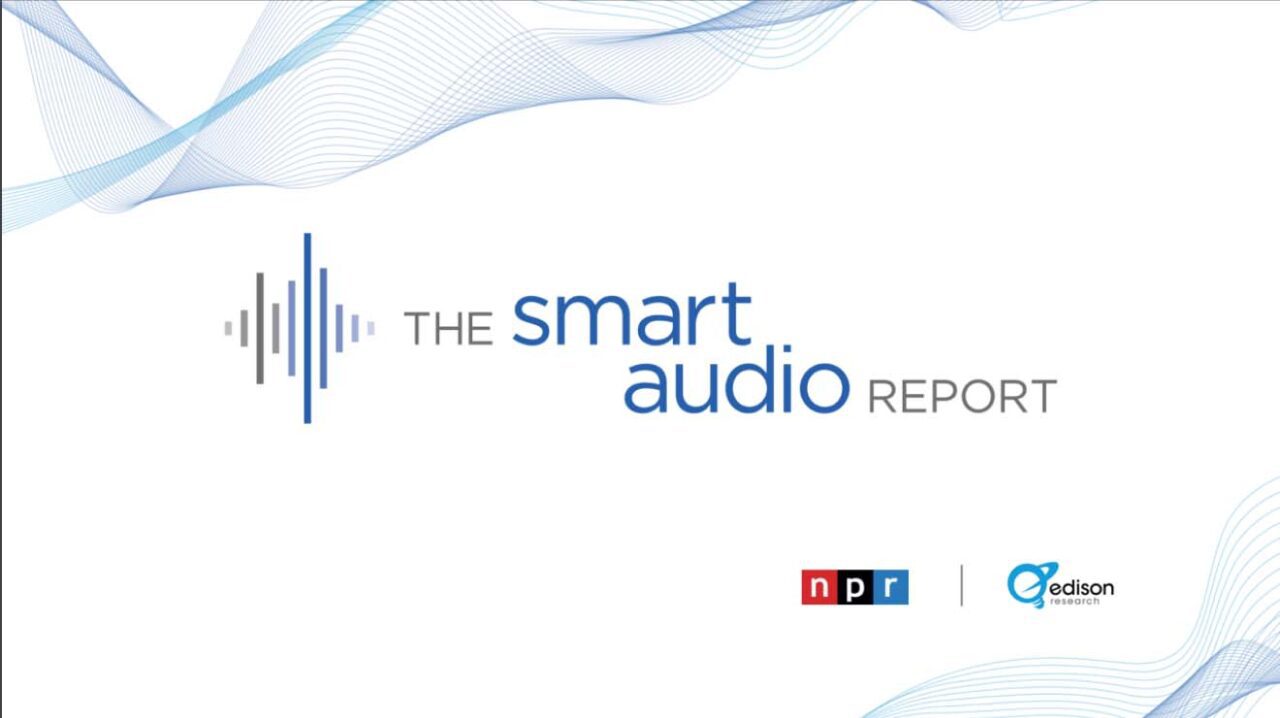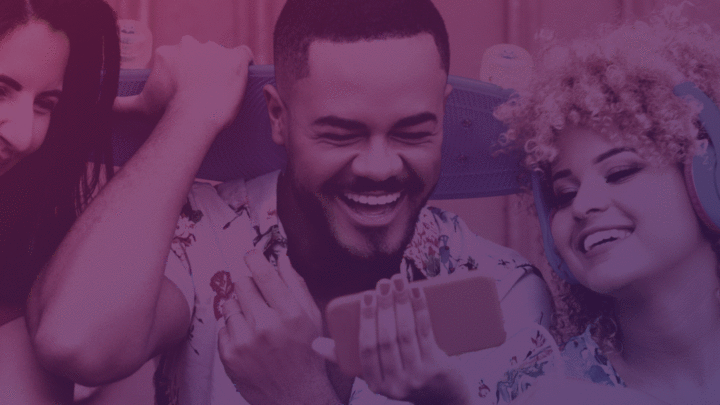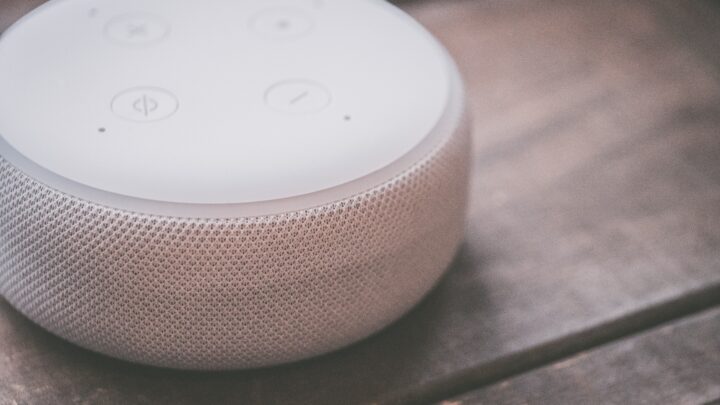The 2022 Smart Audio Report showcases the ubiquity of voice technology in the U.S. The Report highlights the increased usage of voice technology along with consumer behavior on the devices. The 2022 study compares the most recent survey results with the 2017 Smart Audio Report, and also revisits families who were interviewed in 2017, creating a comprehensive picture of the changes over the last five years.
Among the Key Findings:
62%
of Americans 18+ use a voice assistant on any device, including smart speakers, smartphones, in-car systems and more.
57%
of voice command users use voice commands daily in 2022.
53%
of smart speaker owners who have heard an ad on their device say they are likely to respond to ads on their smart speaker.
Watch the Spring 2022 Webinar
Watch how usage and opinions of smart speakers have evolved
Hear how users are making use of voice technology in their daily lives and how the way they interact with and feel about their devices has changed over time.
Lizzie's Profile: 2017 vs. 2022
Changes in Voice Technology Usage
Concerns About Voice Technology
Download Previous Smart Audio Report Releases
Spring 2020 Winter 2019Spring 2019 Winter 2018Spring 2018Winter 2017Spring 2017
How the Spring 2022 Study Was Conducted: Methodology
The Smart Audio Report from NPR and Edison Research is based on a national online survey of 1,190 U.S. adults age 18+ who own a smart speaker, 560 U.S. adults age 18+ who do not own a smart speaker but use voice assistants on other devices such as smartphones, and another 584 U.S. adults 18+ who do not use voice assistants at all. Surveys were conducted 2/28/2022-4/18/2022. In-depth interviews were conducted over zoom with smart speaker owners, voice assistant users, and those who don’t use the technology at all. Additionally, follow-up interviews were conducted with those who participated in ethnography interviews from The Smart Audio Report 2017.
About Edison Research
Edison Research conducts survey research and provides strategic information to a broad array of clients, including Activision, AMC Theatres, Disney, Dolby Laboratories, Google, Oracle, the U.S. International Broadcasting Bureau, Pandora, Samsung, Siemens, Sony, The Gates Foundation, and Univision. Edison is the leading podcast research company in the world and has conducted research on the medium for NPR, Slate, ESPN, PodcastOne, WNYC Studios, and many more companies in the space. Another specialty for Edison is its work for media companies throughout the world, conducting research in North America, South America, Africa, Asia, Australia, and Europe. Edison is also the leading provider of consumer exit polling and has conducted face-to-face research in almost every imaginable venue. Since 2004, Edison Research has been the sole provider of Election Day data to the National Election Pool, conducting exit polls and collecting precinct vote returns to project and analyze results for every major presidential primary and general election.
About NPR
NPR’s rigorous reporting and unsurpassed storytelling connect with millions of Americans every day — on the air, online, and in person. NPR strives to create a more informed public — one challenged and invigorated by a deeper understanding and appreciation of events, ideas, and cultures. With a nationwide network of award-winning journalists and 17 international bureaus, NPR and its Member Stations are never far from where a story is unfolding. Listeners can find NPR by tuning in to their local Member stations (npr.org/stations), and now it’s easy to listen to stories on smart speaker devices. Ask your smart speaker to, “Play NPR,” and you’ll be tuned into your local Member station’s live stream. Your speaker can also access NPR podcasts, the NPR One skill, NPR News Now, and Visual Newscast is available for screened speakers. Get more information at npr.org/about and by following NPR Extra on Facebook, Twitter and Instagram.




